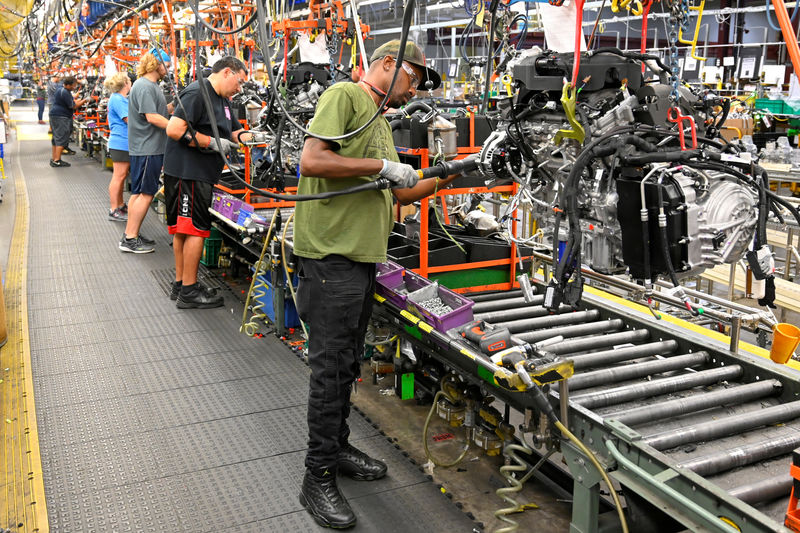By David Shepardson
WASHINGTON (Reuters) - California said on Monday it will halt all purchases of new vehicles for state government fleets from GM, Toyota, Fiat Chrysler and other automakers backing U.S. President Donald Trump in a battle to strip the state of authority to regulate tailpipe emissions.
Between 2016 and 2018, California purchased $58.6 million in vehicles from General Motors Co (N:GM), $55.8 million from Fiat Chrysler Automobiles NV (MI:FCHA), $10.6 million from Toyota Motor Corp (T:7203) and $9 million from Nissan Motor Co (T:7201).
Last month, GM, Toyota, Fiat Chrysler and members of the Global Automakers trade association backed the Trump administration's effort to bar California from setting its own emission standards, which are significantly stricter than the Trump Administration proposal's preferred option.
GM spokeswoman Jeannine Ginivan said in a statement it was unfortunate that California will stop buying its electric Bolt.
"Removing vehicles like the Chevy Bolt and prohibiting GM and other manufacturers from consideration will reduce California's choices for affordable, American-made electric vehicles and limit its ability to reach its goal of minimizing the state government's carbon footprint, a goal that GM shares."
The other automakers declined or did not immediately comment.
Starting in January, the state will only buy from automakers that recognize California's legal authority to set emissions standards. They include Ford Motor Co (N:F), Honda Motor Co (T:7267), BMW AG (DE:BMWG) and Volkswagen AG (DE:VOWG_p), which struck a deal with California in July to follow revised state vehicle emissions standards.
In August, the Justice Department opened an antitrust probe into the deal and last month sent subpoenas to the four companies.
"Car makers that have chosen to be on the wrong side of history will be on the losing end of California’s buying power," California Governor Gavin Newsom said in a statement.
California purchased $69.2 million in vehicles from Ford over the three-year-period, $565,000 from Honda and none from the German automakers.
The state also disclosed it will immediately no longer allow state agencies to buy gasoline-powered sedans, with exemptions for certain public safety vehicles.
California's vehicle rules have been adopted by 13 other states.
On Friday, California and 22 other U.S. states challenged the Trump administration's decision to revoke California's legal authority to set vehicle tailpipe emissions rules and require a rising number of zero emission vehicles (ZEV).
The move follows a separate lawsuit filed in September by the states against the National Highway Traffic Safety Administration seeking to undo a parallel determination.
In August 2018, the Trump administration proposed freezing fuel efficiency requirements at 2020 levels through 2026, reversing planned 5% annual increases.
The Trump administration's final requirements are expected in the coming months and are set to modestly boost fuel efficiency versus the initial proposal, with several automakers anticipating annual increases of about 1.5%. That would be less stringent than the Obama rules or the California compromise rules.

CalMatters, a non-profit California journalism website, reported California's decision to stop buying some vehicles earlier.